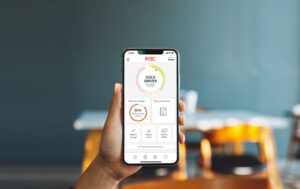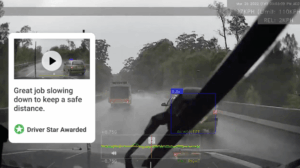Two US senators, Ron Wyden of Oregon and Edward J. Markey of Massachusetts, have conducted a recent investigation that lifts the lid on the sale of driver data to insurance companies.
In a recent letter sent to the Federal Trade Commission (FTC), the pair of privacy advocates highlighted the type of data being harvested, which included how fast a driver accelerated, how hard they braked and how often they went over the speed limit, according to The New York Times.
These figures, which helped insurance companies accurately gauge driver risk, were neatly packaged up and then sold to the highest bidders. But the amount of money changing hands might just surprise you, says TechRadar.
According to the investigators, data analytics firm Verisk paid Honda just US$25,920 over four years for information about 97,000 cars, which works out to 26 cents per car. Hyundai was apparently paid just over US$1 million, or 61 cents per car, over six years.
GM withheld the exact figures it was making selling its customers’ data, but sources close to The New York Times claimed that the automaker sold data on over eight million cars in the “low millions of dollars” range.
Given the right to reply, Chris Martin, a spokesperson for Honda, told The Times that “no identifiable consumer information was shared with any insurance company” without customers’ opt-in.
While many automotive manufacturers are championing the rise of connected services that are now available in both commercial and passenger vehicles, the harsh truth is that these companies are also seeing user data as an important revenue stream.
CapGemini estimates that automotive manufacturers could add as much as US$800 billion to their annual revenues by monetizing driver data. Meanwhile, Stellantis, which owns Peugeot, Fiat, Alfa Romeo and Maserati, said that by launching its connected car business, Mobilisights, it would generate €20 billion in annual revenue by the end of the decade.
But much like those lengthy and confusing privacy statements that seem to pop up with every smartphone operating system update, the infotainment systems in today’s cars don’t make it easy to understand exactly how your data is being shared.
























